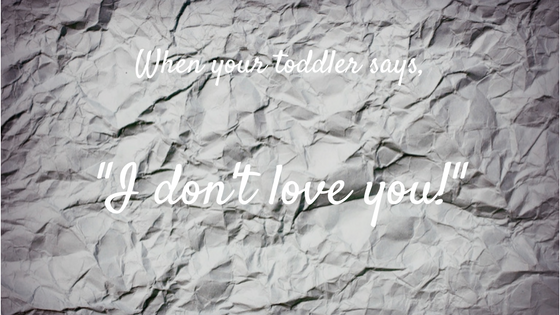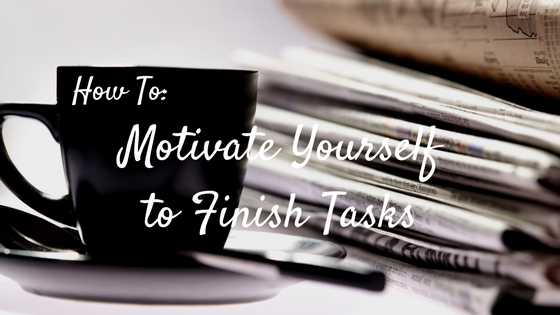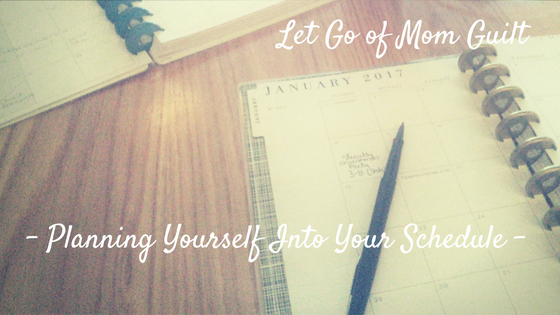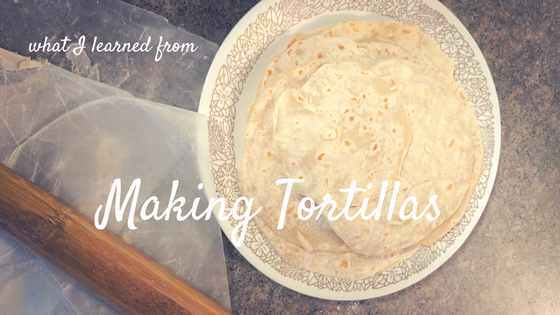“Do you love Momma?”
“No. Ninus love Daddy.”

Well, stab me in the heart, why don’t ya.
First of all, never ask a child that question. I know this, intellectually, but it just slipped out as part of regular banter with my three-year-old. And just as quickly and uncalculated came his response. “No.”
Now, this child has ALWAYS preferred his Daddy. Since the day he was born, no exaggeration. When he gets hurt or scared he will run right past me to my husband. This, I am used to.
But what parent wants to actually hear about it, straight from the tot’s mouth?!
I am deeply familiar with child development. I know he isn’t actually developmentally capable of understanding “love” as an abstract concept. To him, it’s the same thing as “like” or “prefer.” And he is a very honest, transparent child, so of course he answered that way.
He still calls for me from his room in the morning. He still wants me to read him a book every nap time, and lie with him at bed time and sing songs. He still wants to sit on my lap (sometimes) and help me cook and follow me around all day. I can be sure he does love me, because of his actions.
That thought gives me pause. Is this just the opposite of what we so often do as adults? We verbally tell our children that we love them, but do our actions prove or disprove that?
My toddler’s actions hold much more weight to me than his words about not loving me. I bet my actions do the same for him. A million “I love you, baby!”s are not worth as much as sitting and playing trains (a cluttery activity that makes me impatient) or singing a 27th song at 9:00 pm (when I’m practically asleep myself!) or patiently helping him clean up his messes (no matter how gross… thank you, potty training.)
To summarize:
1) Never ask your toddler if he/she loves you unless you’re prepared for a “No.”
2) Toddlers can remind us that loving actions are far more important than nice words.






